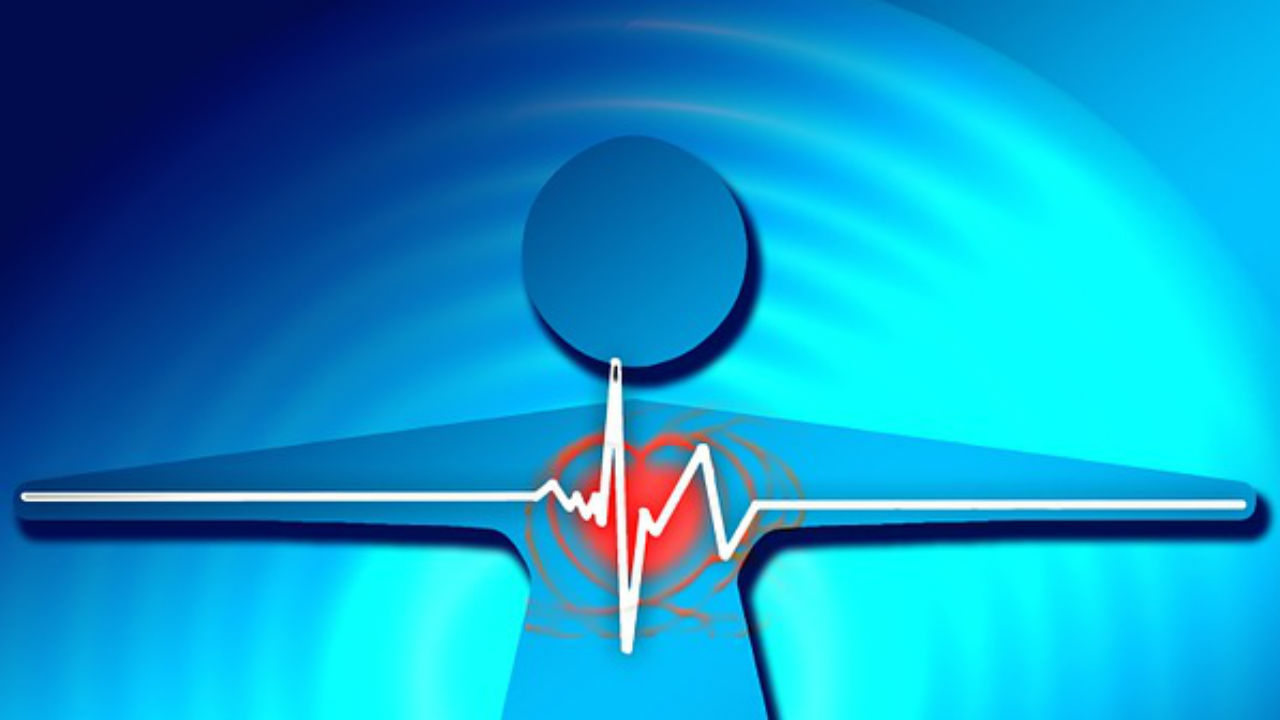What could be more important than keeping a healthy heart? This means keeping all of the complex features of the heart working in optimum condition. The cardiac muscle, a type of involuntary striated muscle in the walls of the heart, can develop a condition called cardiomyopathy.
There are two main categories of cardiomyopathy: primary and congestive. Other secondary types are hypertrophic, restrictive and ishchemic cardiomyopathy. Congestive is the more common form of heart muscle disease.
It is reported that 500,000 new cases of cardiomyopathy develop each year in the United States. Instead of afflicting the elderly like most other heart diseases, heart muscle disease more commonly strikes younger people. This group of disorders directly damages the muscle, affecting its ability to pump blood to other parts of the body.
What is the Cause of Cardiomyopathy?
The causes are oftentimes undetermined. Sometimes congestive cardiomyopathy is caused by infection or other heart muscle inflammation. Columbia University Medical Center reports that studies show excessive alcohol consumption, nutritional deficiencies, complications of childbirth, and genetic disorders play a role in the disease. It is believed that hypertrophic cardiomyopathy is an inherited disease and that restrictive cardiomyopathy is usually caused by disease associated with cancers of the blood.
Studies also indicate that men seem to be affected by congestive cardiomyopathy more often than women. Although it is believed that cardiomyopathy cannot be prevented it is recommended that good heart health begins with the avoidance of smoking and excessive alcohol intake, sensible, proper nutrition, and regular exercise. Treatment of the disease begins with changing the daily routine of the patient to address these lifestyle issues.
Diagnosing Cardiomyopathy
In the most common form of heart muscle disease, congestive cardiomyopathy, the heart becomes enlarged, weakened and thus, unable to pump blood effectively. Heart failure symptoms begin to develop.
Hypertrophic cardiomyopathy, usually appears as an enlargement or overgrowth of the left ventricle but variations of the disease sometimes affect the right chamber or the septum and flow of blood is obstructed and cannot flow into the aorta.
The major symptoms of cardiomyopathy are shortness of breath, dizziness or fainting, chest pain, and cardiac arrhythmias. Diagnosis is usually by normal physical findings using electrocardiograms, echocardiograms, or perhaps, cardiac catheterization and radionuclide angiography. Further diagnosis may warrant a biopsy of the heart wall tissue to help distinguish between the different types of cardiomyopathy.
The Treatment for Cardiomyopathy
Lifestyle change is the primary treatment for this muscle disease of the heart. Diet and exercise are critical to maintaining a normal weight and blood pressure so that the heart is not overworked. Excessive alcohol consumption, excessive salt, drugs and smoking have a toxic effect on the heart and must be managed or eliminated.
Drugs like digitalis, diuretics, steroids and ACE inhibitors may be used in the treatment of some forms of cardiomyopathy. This drug treatment focuses on relieving symptoms and improving the functionality of the heart.
The final therapy is surgery for cardiomyopathy. Ventricular assist devices as a bridge-to-transplantation may be prescribed for some patients. The assist device helps to keep a critically ill patient alive until a suitable donor can be identified. For patients too sick for a transplant a destination transplant procedure may be performed as a final treatment.






Add a CommentComments
There are no comments yet. Be the first one and get the conversation started!